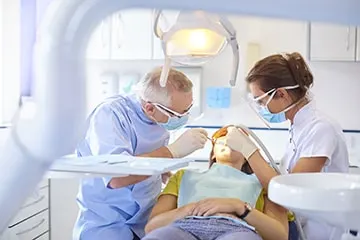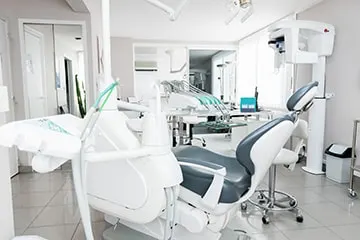The Benefits of Using Smart Syringe Pumps in Dental Surgery Applications

Infusion pumps have been used since the late 1960s, most Americans associate this medical equipment with a hospital stay, but infusion systems are used in other healthcare applications as well. Oral surgeons and dentists may use syringe infusion pumps during certain procedures that require sedation. While sedatives can be administered in other ways, like through inhalation or oral dispensation, intravenous sedation does have some clear advantages.
When sedatives are administered through syringe pumps instead of through other means, the patient benefits from a quicker onset. This can ease a patient's anxiety at a faster rate and allow the dental professional or surgeon to do their job in a more productive way. This can also be important in emergency situations wherein other administration methods are not possible or would be much riskier.
When sedatives are administered through intravenous routes, medical professionals are also able to be more precise in terms of sedation amounts and the duration of the action in general. Each patient has a different sensitivity to a given sedative, meaning that it's essentially impossible to choose one uniform level of sedation that's appropriate for every single patient. Drugs that are administered intravenously are easier to modify as needed.

That said, syringe pumps are not foolproof. Mistakes can happen with traditional syringe pumps, especially when sedatives or opioids are being administered. That's why smart pumps are often used to reduce risks. Smart syringe pumps allow for effective patient sedation while providing improved patient safety through various safeguards like comprehensive drug libraries -- which limit dosages and provide vital information to clinicians -- and alarm systems. These keep clinicians from making mistakes and can even alert staff if the equipment itself is malfunctioning in any way. Combined with proper training, these features reduce the possibility of medical errors and ensure patients are given only the sedation they require.
In addition to these smart pumps, dental professionals may also embrace patient-controlled infusion to allow the patient to control their own sedation levels. Countless hospitals and other healthcare facilities use this kind of technology to ensure a consistent recovery. While this may not be an appropriate choice for every dental situation, it's becoming more common. These patient controlled smart pumps dispense only a small amount of the given sedative or drug so that patients cannot abuse the substance or inadvertently put themselves in danger.
In the digital age, it's key for all kinds of medical professionals to improve compliance and patient safety. Smart syringe pumps can allow oral surgeons, dentists, and others in related fields to ease patient stress at a more rapid rate. But best of all, this technology can allow medical professionals to do their jobs more effectively, precisely, and safely.
